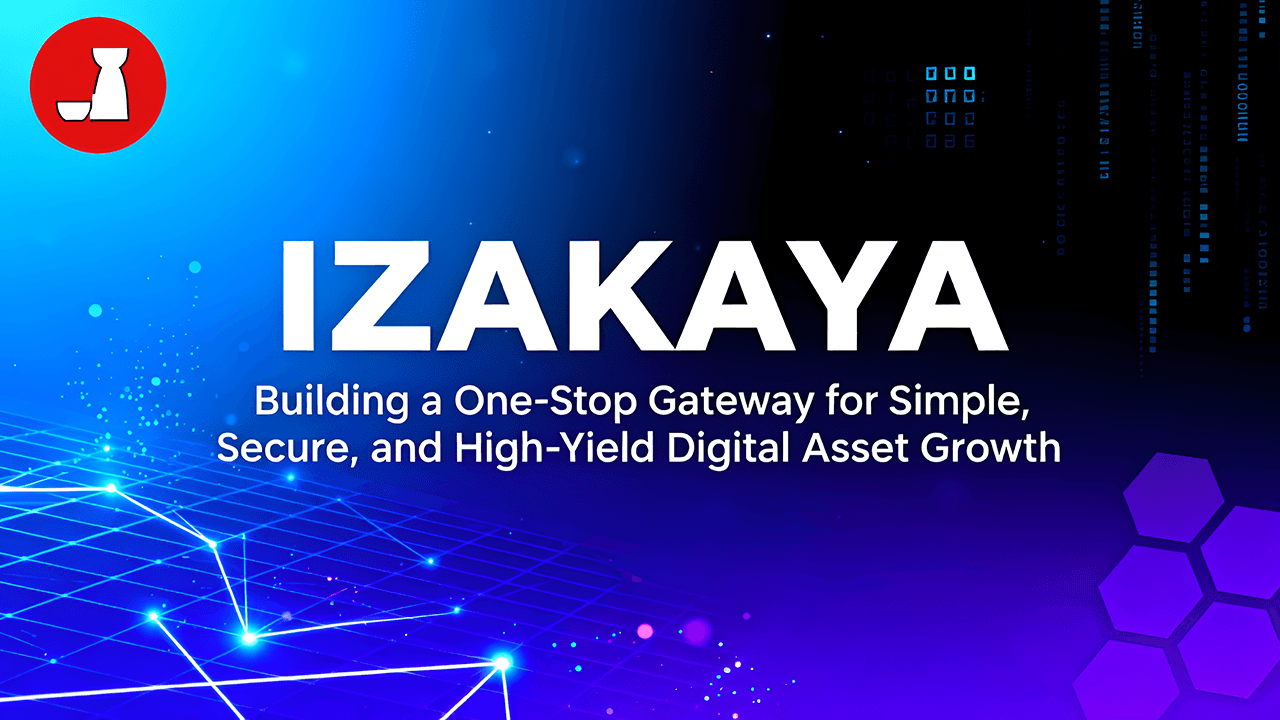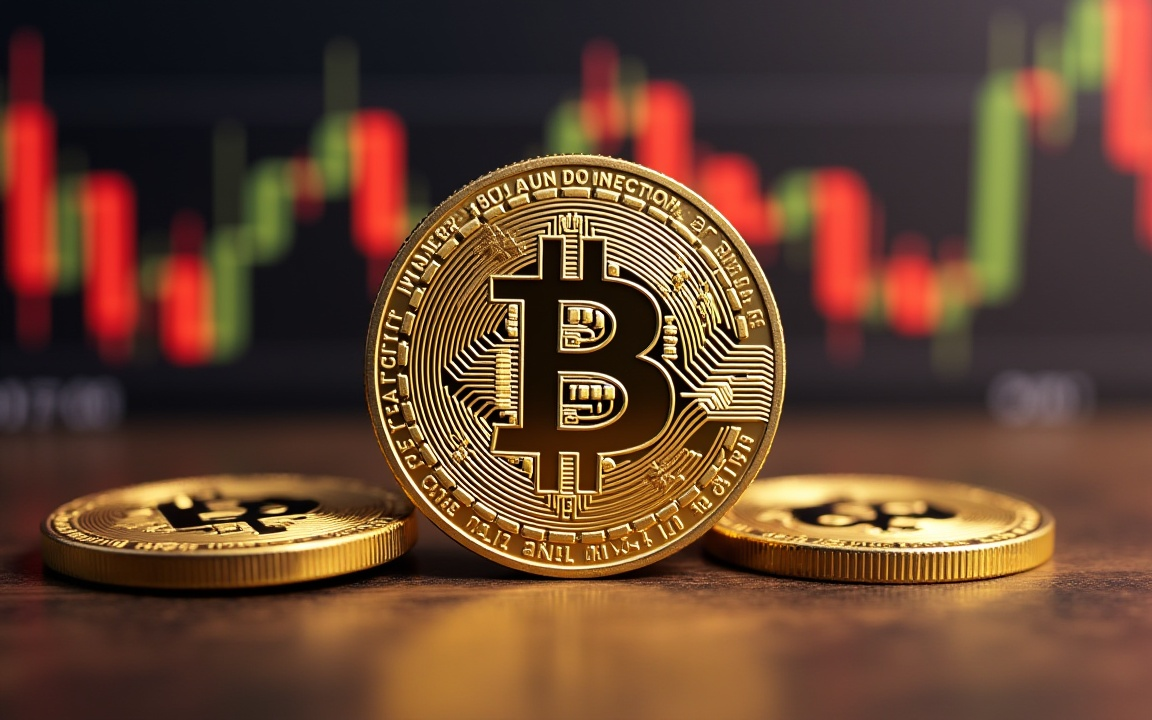Ripple expands RLUSD stablecoin to Ethereum Layer 2 networks
‘AI Tools Will Provide Very Interesting Enhancements for the Metaverse’ — Upland Co-Founder – Interview Bitcoin News
(Originally posted on : Bitcoin News )
According to Dirk Lueth, co-founder of the Upland Metaverse, the colonization of the metaverse by tech giants and the building of so-called “walled garden systems” is not sustainable. Lueth argues that instead of “locking users in,” the metaverse should usher in “a future where they are free to move between platforms and can easily take their assets and identity with them.”
‘Walled Garden Systems’ Not Sustainable
While interest in the metaverse has seemingly dissipated as evidenced by Meta’s decision to focus on artificial intelligence (AI), Dirk Lueth argues that AI tools can still “provide very interesting enhancements for the metaverse in general.” The Upland co-founder also told Bitcoin.com News what he thinks about “infinite land” metaverses and scarcity.
In an interview with Bitcoin.com News, Lueth also shared his thoughts about the multichain metaverse as well as his organization’s plans to create a metaverse super app. Below are the rest of the Upland Metaverse co-founder’s responses.
Bitcoin.com News (BCN): Neal Stephenson, who is said to have coined the term “metaverse” is known to advocate for a free and open metaverse. However, some say that tech giants are also working on their own metaverse projects that could potentially lead to them colonizing the metaverse and building walled gardens similar to the current Web2. Do you think the metaverse will eventually be controlled by a small number of centralized entities?
Dirk Lueth (DL): We don’t have all the details of how the big tech giants will build their metaverse projects and if they will lock their users into walled gardens. I believe that walled garden systems are not sustainable over time and that the power of the people, in combination with property rights, will be much stronger over time. This is also, by the way, why I co-founded, together with other decentralized projects, the open metaverse alliance for web3 (OM3). Instead of locking users in, we want to ensure that there is a future where they are free to move between platforms and can easily take their assets and identity with them.
BCN: The blockchain industry is multichain, and users would expect to have the freedom to move their assets to whatever chain they want. Do you think a multichain metaverse is a real possibility?
DL: Technically multi-chain standards could be possible already today. You can have some assets on one blockchain and other assets on another. What is more important is to have standards which define metadata, the look & feel and other characteristics of an asset. Once we have these standards, it will make it easy for users to move their assets around. And this is what we are working on at Upland and OMA3
BCN: What would you say are the different economic opportunities for entrepreneurs, developers, and the not-so-tech-savvy users in an ecosystem like that of Upland?
DL: Entrepreneurs or “Metapreneurs” are Uplanders who operate their own businesses in Upland called “Metaventure.” Here they can resell assets from our partners like FIFA, the NFLPA or other assets from Upland. Soon there will also be shops where they can sell their own creations to other players and make a living in Upland and potentially also in real life.
Developers are individuals or companies who provide their own experiences and apps to other Uplanders. One example is “World of Football” which allows Uplanders to play a Rocket League type of game that is directly connected to Upland. Users enter this app by moving their game piece to a virtual property, i.e. a virtual street address in Upland.
The not-so-tech-savy users onboard to Upland as described above. They can start buying and selling properties to other players with the objective of completing a collection like “king of the street.” Completing a collection means that they can increase the yield they earn for owning the properties. They can use these earnings to travel to another city or buy a race car or outdoor decor item. As you can see, it is easy to get started with very simple game engagement loops and then dive deeper into the many possibilities of Upland.
BCN: After having invested billions of dollars, Meta recently laid off over 10,000 people to shift its focus away from the metaverse to AI. In your opinion, why is it seemingly so difficult to build a metaverse that users find interesting, as Meta seems to have found?
DL: I can’t comment on Meta’s strategy and how much they have really shifted away from the metaverse. The truth is that AI tools will provide very interesting enhancements for the metaverse in general. At Upland, we are super focused on creating engagement points and utility of digital goods for our ecosystem of users, developers, designers and brand partners. So far this has proven to be working well for us making Upland one of the leading platforms for the metaverse. Can we get better? Of course, we’re only getting started.
BCN: Your metaverse is said to be mapped to real-world cities. Why did you choose to go this path when others have virtually limitless land assets, and what would be your advice to users buying land and other assets in the “infinite land” metaverses?
DL: Being based on the real world creates a natural scarcity, just like in real life. When something is scarce, market dynamics develop, which is the base of the real economy we’re building in Upland. But there are other advantages, for example, we automatically had reference points, users can look up what a property looks like in real life, and they can buy an address that in real life is maybe close to the ocean or owned by a celebrity. Through this, we empower our users to play with their own imagination.
I try to stay away from giving concrete strategy advice to Upland or other users. All I share with them is trying to understand the economic foundation of the land you’re buying and run scenarios in your head when supply increased indefinitely – which is something we’re avoiding at Upland.
Metaverse Super App
BCN: Let’s talk about the so-called metaverse super app. Sometimes when one thinks of a “super app,” Wechat or Telegram comes to mind. Does Upland envisage becoming the Wechat of the metaverse?
DL: In general, a super app can be characterized as a comprehensive mobile application that integrates fundamental services such as messaging and payments, as well as an array of third-party “mini-apps” spanning various sectors like retail, dining, and government agencies. This is especially true for the world of Web2 mobile apps. An app achieves super-app status when it seamlessly consolidates a critical mass of services, making it very easy for users to switch between them, even if the integrated services may not be as efficient as standalone applications.
As the number of available services grows, the app becomes more engaging and profitable. Typical for super apps is that they start somewhere. Wechat started with Chat, and Indonesia’s Gojek started with ride-hailing. Just like the Web2 predecessors, Upland wants to make it incredibly simple for users to work with a Web3 application. It is achieving that via multiple avenues.
First, Upland was built with mobile users in mind and is available on both the app stores and the web. Second, we’re obfuscating complicated blockchain technology by offering onboarding with email and passwords. And third, because we allow using credit cards, Paypal, (of course, also crypto) and in-app purchases, we make it even more convenient for the majority of players to engage.
In Upland, we offer a broad spectrum of social, commercial and entertainment services to our users. We also empower 3rd party developers to connect to our economy and community by adding their apps and experiences to the metaverse.
When you look at these features and services, you can see that we are indeed aiming to become a metaverse super app. But while Wechat and Web2 applications are driven and influenced by the owners of the platforms, we want to head in the direction of a user-controlled and user-owned metaverse super app – what Web3 is all about.
What are your thoughts about this interview? Let us know what you think in the comments section below.
Image Credits: Shutterstock, Pixabay, Wiki Commons
Disclaimer: This article is for informational purposes only. It is not a direct offer or solicitation of an offer to buy or sell, or a recommendation or endorsement of any products, services, or companies. Bitcoin.com does not provide investment, tax, legal, or accounting advice. Neither the company nor the author is responsible, directly or indirectly, for any damage or loss caused or alleged to be caused by or in connection with the use of or reliance on any content, goods or services mentioned in this article.







 Bitcoin
Bitcoin  Ethereum
Ethereum  Tether
Tether  XRP
XRP  USDC
USDC  Wrapped SOL
Wrapped SOL  TRON
TRON  Lido Staked Ether
Lido Staked Ether  Dogecoin
Dogecoin  Figure Heloc
Figure Heloc  Cardano
Cardano  WhiteBIT Coin
WhiteBIT Coin  Wrapped stETH
Wrapped stETH  Wrapped Bitcoin
Wrapped Bitcoin  Bitcoin Cash
Bitcoin Cash  USDS
USDS  Binance Bridged USDT (BNB Smart Chain)
Binance Bridged USDT (BNB Smart Chain)  Chainlink
Chainlink  Wrapped eETH
Wrapped eETH  LEO Token
LEO Token  WETH
WETH  Monero
Monero  Hyperliquid
Hyperliquid  Stellar
Stellar  Zcash
Zcash  Ethena USDe
Ethena USDe  Coinbase Wrapped BTC
Coinbase Wrapped BTC  Litecoin
Litecoin  Sui
Sui  Avalanche
Avalanche  USDT0
USDT0  Hedera
Hedera  sUSDS
sUSDS  Shiba Inu
Shiba Inu  Dai
Dai  Mantle
Mantle  PayPal USD
PayPal USD  Cronos
Cronos  Toncoin
Toncoin  World Liberty Financial
World Liberty Financial  Ethena Staked USDe
Ethena Staked USDe  Uniswap
Uniswap  Polkadot
Polkadot  MemeCore
MemeCore  USD1
USD1  Aave
Aave  Rain
Rain  Canton
Canton  Bittensor
Bittensor  Bitget Token
Bitget Token  Tether Gold
Tether Gold  OKB
OKB  Falcon USD
Falcon USD  NEAR Protocol
NEAR Protocol  Aster
Aster  Ethereum Classic
Ethereum Classic  BlackRock USD Institutional Digital Liquidity Fund
BlackRock USD Institutional Digital Liquidity Fund  Binance-Peg WETH
Binance-Peg WETH  Jito Staked SOL
Jito Staked SOL  Pepe
Pepe  Ethena
Ethena  Pi Network
Pi Network  Internet Computer
Internet Computer  Jupiter Perpetuals Liquidity Provider Token
Jupiter Perpetuals Liquidity Provider Token  syrupUSDC
syrupUSDC  HTX DAO
HTX DAO  PAX Gold
PAX Gold  Pump.fun
Pump.fun  Global Dollar
Global Dollar  Circle USYC
Circle USYC  syrupUSDT
syrupUSDT  BFUSD
BFUSD  Ripple USD
Ripple USD  KuCoin
KuCoin  Worldcoin
Worldcoin  Sky
Sky  Ondo
Ondo  Binance Bridged USDC (BNB Smart Chain)
Binance Bridged USDC (BNB Smart Chain)  Rocket Pool ETH
Rocket Pool ETH  Gate
Gate  POL (ex-MATIC)
POL (ex-MATIC)  Aptos
Aptos  Wrapped BNB
Wrapped BNB  Binance Staked SOL
Binance Staked SOL  Arbitrum
Arbitrum  Official Trump
Official Trump  Algorand
Algorand  Liquid Staked ETH
Liquid Staked ETH  Cosmos Hub
Cosmos Hub  Function FBTC
Function FBTC  Midnight
Midnight  Lombard Staked BTC
Lombard Staked BTC  Solv Protocol BTC
Solv Protocol BTC  NEXO
NEXO